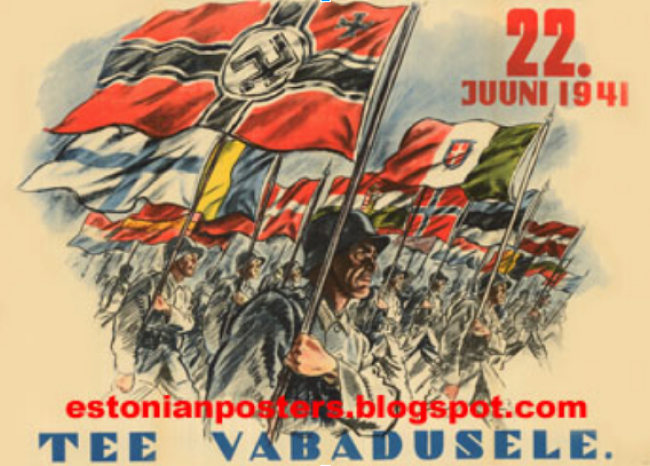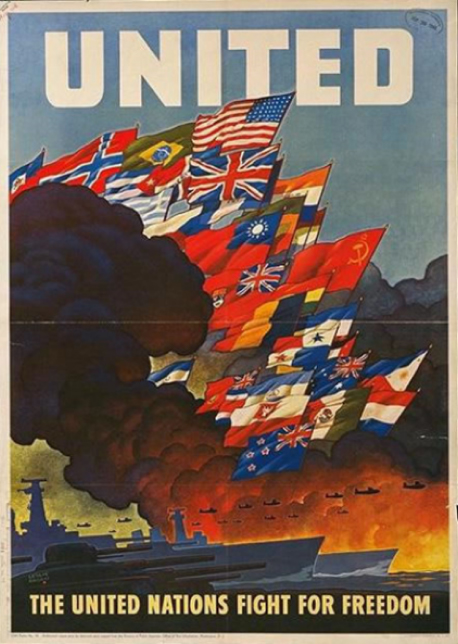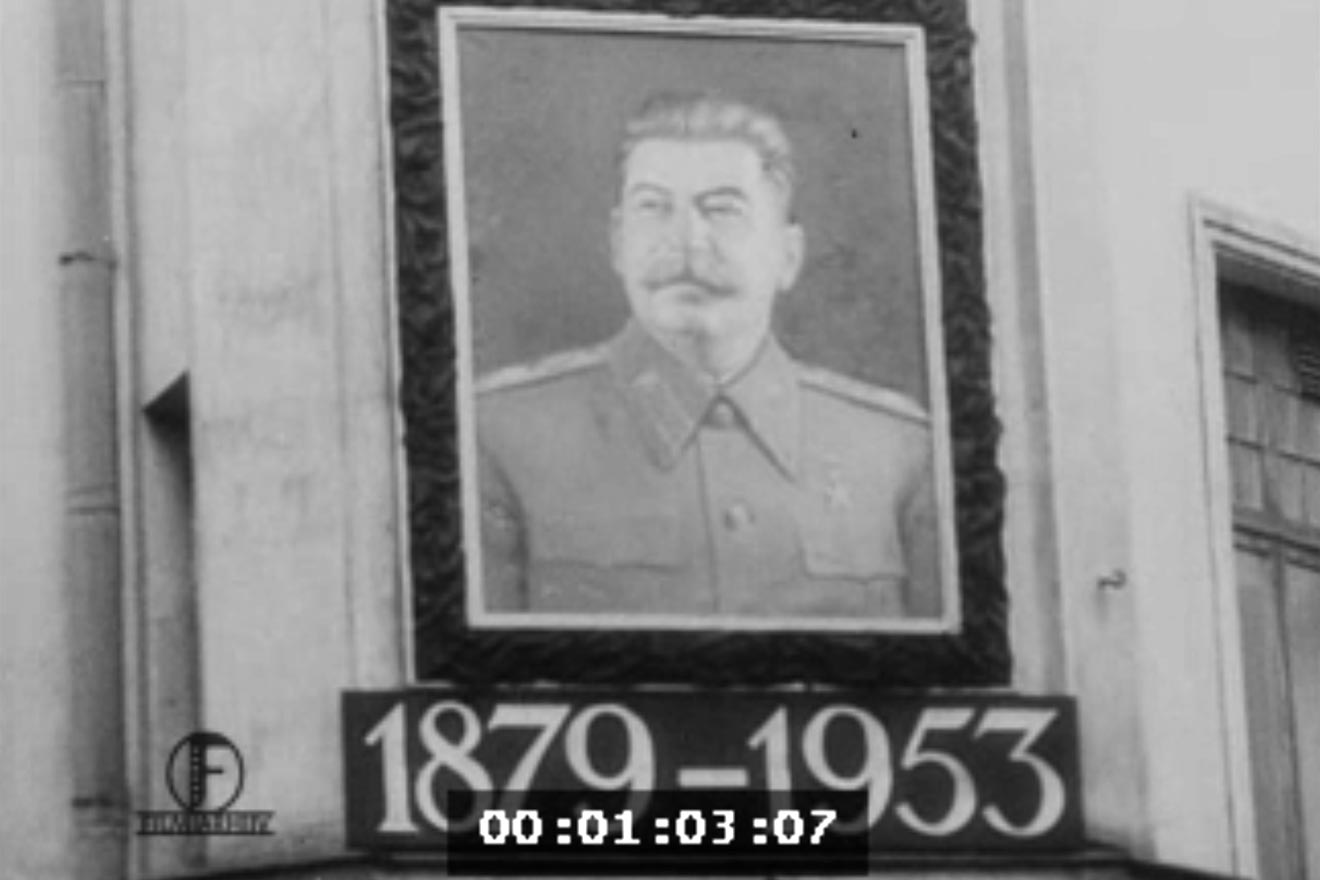Historical films may be historically accurate in terms of look and sound, but when it comes to their content all texts inevitably reflect the era within which they were created. It is absolutely common that an event which occurred in the past exists in multiple alternate histories, and is presented and re-presented in a near-infinite amount of ways. The story which at the time seems the most convincing is primarily determined by questions of power. You have perhaps heard the expression “history is written by the victors”? Even the latter points to the fact that the stories of the past are told primarily from the viewpoint of those currently in power, according to their ideas and ideals. It is quite common that the dominant approach of the moment seems to be “natural” and existing as the only possibility, while the interpretations and memories of a different community or era seem biased. Shared and so to say “naturalized” understandings of the past are shaped by not only texts themselves, but also by educational organizations, the media, various other institutions, and the general historical culture as such.
Semiotician Andreas Ventsel has described how the strategic reinforcement and signification of power commonly uses stories that connect current shards of information to still very much active cultural or historical memories, whether of events or of characters.


